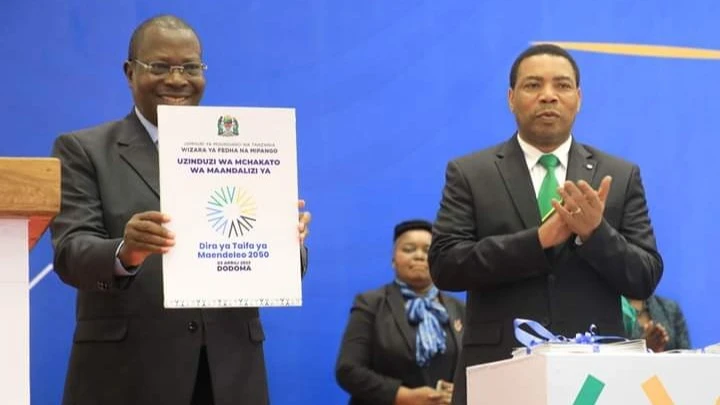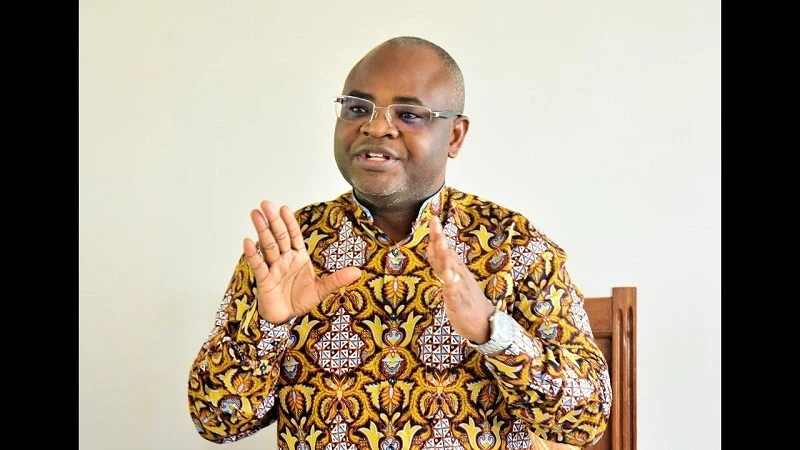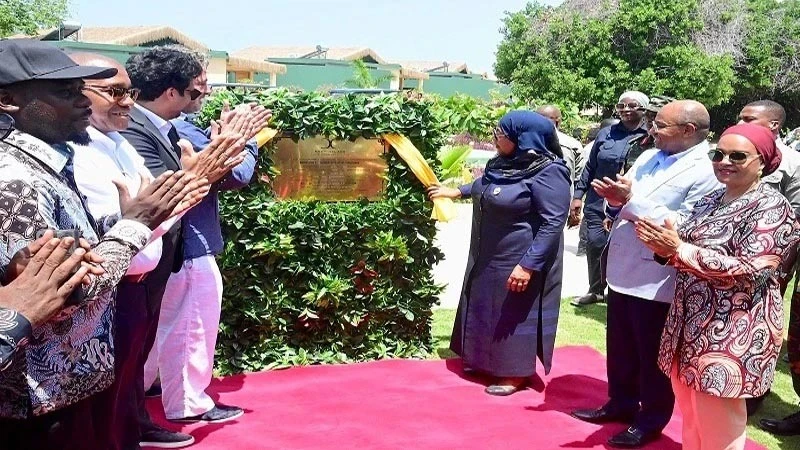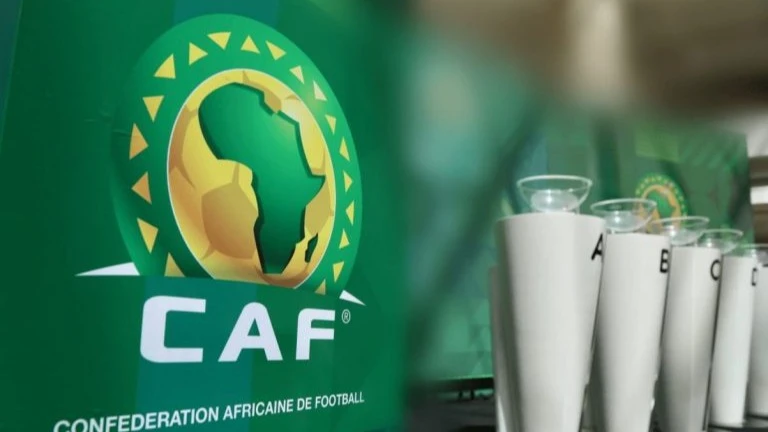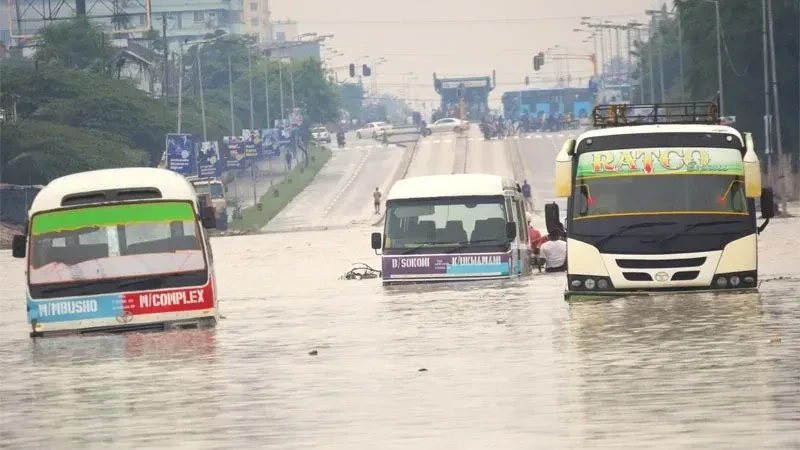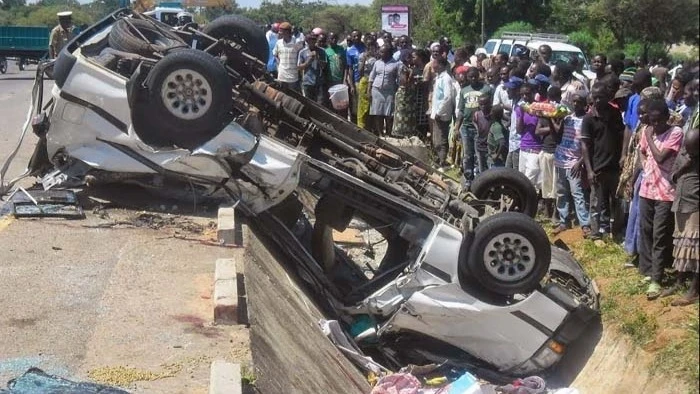TRC has more to do on SGR scene than curb fare evasion
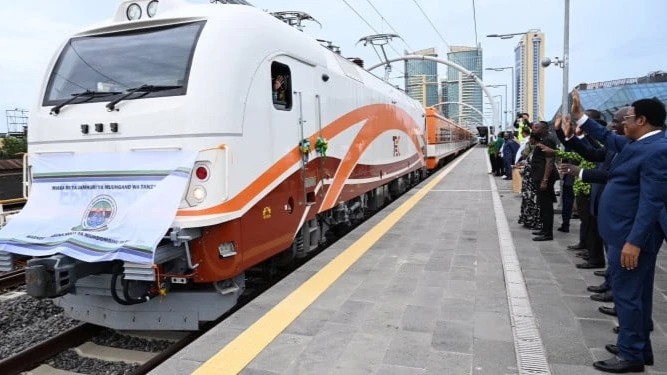
THERE have been reports for quite some time now of people due to travel by train from Dar es Salaam taking tickets on entry and reach their destinations as they have in mind – not as indicated on the ticket.
Fortunately, it is understood that the Tanzania Railways Corporation (TRC) and the Prevention and Combating of Corruption Bureau (PCCB) are already handling the matter.
TRC officials and their PCCB colleagues have been laying out elaborate controls including the use of identification cards in buying tickets and scanning them on journey starts and arrivals.
What they haven’t started addressing is where the traditional railway comes into this equation, if it is left to transport cargo while passenger traffic shifts to standard gauge railway.
There is also a lingering problem of bus operators, who now face exclusion as train is far cheaper.
The chaotic situation in ticketing raises a few issues about the business plan, how far there is income projection and the way it would start being from the word go.
There is a belated correction of the ticketing scenario even if it is exaggerated in its precautions, but scarce analysis seems to have been made on the link between cost recovery and tickets, or how the government optimises SGR revenues by offsetting some of the transport needs to traditional modes. Speed trains look like a communal service where all are invited, hypothetically because we are all on hurry and have poor means.
This situation to an extent shows why public-private partnerships are helpful as no PPP-run speed train services would have people travelling virtually for free for two to three weeks.
Just why that situation persisted for a fortnight or so before anyone woke up to the situation, with the PCCB solicited to come in or doing so on their own, is awkward. Yet there is a plausible scenario where such a situation can come up, in the sense of systemic chaos on revenues, as it was the case with the city run rapid bus transit years ago. The revenue quotations were guesswork at a public meeting.
That should make someone at a higher stage more alert as to how things are likely to run, at least since correcting the ticketing scenario is not the same thing as rectifying the reflex in accounting or controls which brought it up in the first place.
The key element is that chaotic revenues are part of what may internally be imagined, noticed in the lack of fore planning, for instance purchasing tickets cheaply and selling them exorbitantly.
When this is narrated from the outside, one might think it is clever passengers or ‘mission town’ youths doing that. However, on second thoughts, one sees the potential from the inside.
All this harkens us back to the 4Rs national philosophy, often seen as personal axiom by the Union president, where rebuilding ties up with completing SGR as modernisation, resilience its productivity and profitability.
Reform has to do with managerial shifts to avoid chronic chaotic scenarios that are unaccountable to the public authorities.
This is much just as we need reconciliation as willingness to learn and to accept that undiluted public sector monopoly has shortcomings.
Top Headlines
© 2025 IPPMEDIA.COM. ALL RIGHTS RESERVED






